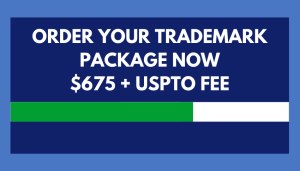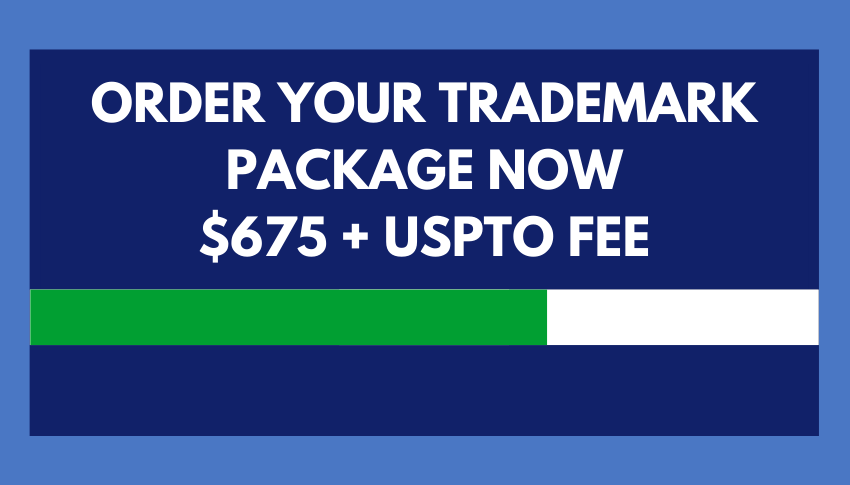Protect Your Exclusive Ownership Rights to Your Brand
Trademark infringement is defined as the unauthorized use by another of a trademark, including a logo, design mark, sound mark, slogan or other unique identifier that serves as a trademark, on or in connection with goods and/or services in a manner that is likely to cause confusion, deception, or mistake about the source of the goods and/or services.
How can you avoid infringing someone else’s trademark or protect your mark from being infringed?
How Does Trademark Infringement Happen?
Trademark infringement may be innocent and wholly unintentional, or it may be willful and intentional to trade off another’s mark that has established value or goodwill. Regardless of the infringing party’s intent, trademark infringement violates the principles of U.S. trademark law and may be an actionable offense.
The similarity of the marks at issue, the nature of the goods and/or services offered in connection with each mark, when each party commenced use of their respective marks, in what geographic areas and whether either party has filed for or obtained federal trademark registration at the U.S. Patent and Trademark Office (USPTO) are all issues to be considered in determining whether trademark infringement has occurred.

Why is Trademark Infringement Important?
Most trademark owners seek federal trademark registration for their mark, design or slogan in order to obtain exclusive rights in the name for use in connection with their particular goods or services. If another entity starts using the same mark, or a very similar mark on goods or services that is likely to result in confusion among customers in the marketplace, that’s a problem for the original trademark owner.
Potential customers may purchase the goods or services of the other party thinking they originate from the first party. This is known as the “likelihood of confusion” standard – which is how the USPTO determines whether two or more marks are too similar to allow registration for the later-filed mark. A likelihood of confusion is also the base analysis for trademark infringement.
Trademark Infringement – Cease and Desist Letters
A trademark owner who believes its mark is being infringed may initially send a Cease & Desist Letter to notify you of the alleged infringing use and demand that you cease using the mark, or limit use of the mark in connection with certain goods and/or services to avoid further infringement. You will likely have to respond to the Cease & Desist Letter, advising the trademark owner of your efforts to comply, or to explain why your use does not infringe on their trademark rights.
If you don’t comply with the Cease & Desist Letter, or if a trademark owner forgoes sending one in the first place, the trademark owner may file a lawsuit for trademark infringement and/or trademark dilution in state or federal court. In most cases, federal trademark owners choose to sue for infringement in federal court. If the trademark owner is able to prove infringement, available remedies may include a court order barring your continued use of the offending mark, an order requiring destruction or forfeiture of any goods bearing the infringing mark, and/or monetary relief, including profits, possible treble (3x) damages, court costs, and legal fees.
The success of a legal action for trademark infringement usually depends on whether the alleged infringing use creates a likelihood of confusion in the marketplace and weakens the value of the first user’s mark. The marks at issue do not need to be identical and there does not have to actual confusion for trademark infringement to occur. If the offending mark is similar enough to the first mark and is used in connection with the same, or related, goods or services so as to create a likelihood of confusion, such use may constitute trademark infringement.

How Can I Avoid Trademark Infringement?
One way to avoid trademark infringement of another’s mark is to undertake a comprehensive trademark search before adopting your brand name or seeking federal trademark registration. An in-depth trademark search provides a detailed overview of the landscape surrounding the mark you are using or plan to use. If the search shows it is already being used for similar goods and/or services this can help you to avoid infringing on someone else’s mark.
Facing a Lawsuit for Trademark Infringement
Conducting a search early in your brand development stage can also help to avoid unnecessary additional expenses associated with re-branding, or legal fees if you are faced with a lawsuit for trademark infringement. The attorneys at Flat Fee Trademark can assist you with comprehensive trademark searches, navigating the federal trademark application process and offer legal advice on whether the name you’re using or plan to use conflicts with someone else’s mark so as to possibly result in trademark infringement.
Our goal is always to help you obtain federal trademark registration, but also to build strong brands that are unique in the marketplace. Contact us today for a complimentary consultation with one of our trademark attorneys regarding your trademark concerns.




